Jheanell McFarlane | Student and Aspiring Physician
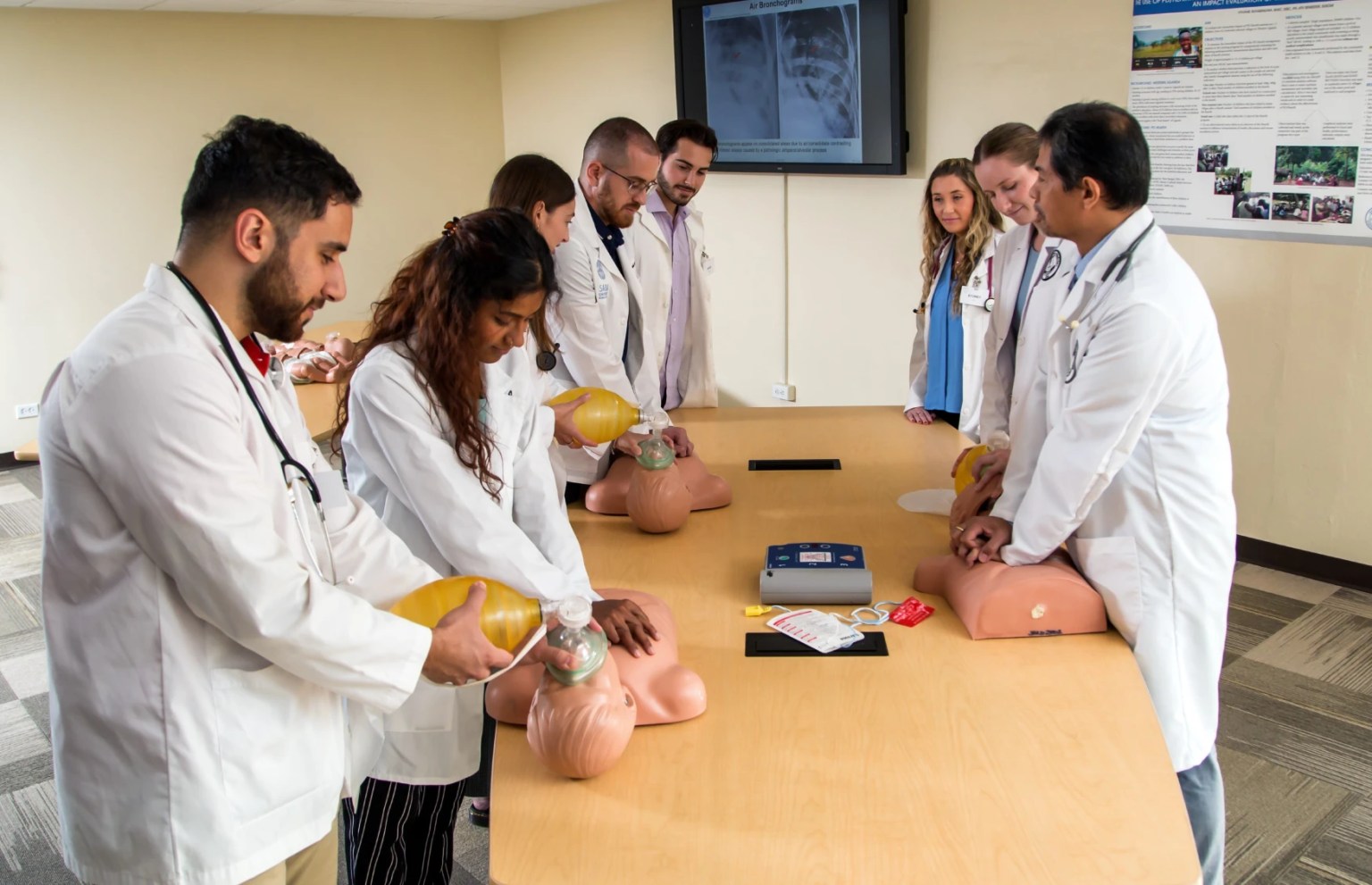
Clinical Medicine
Semesters 6-10 of your Medical Program
The Clinical Medicine curriculum at Saba University School of Medicine takes place in the second half of the academic program: Semesters 6 to 10 – your last step before earning your degree and entering a residency program.
For your clinical education, you will leave the Saba campus and join students from other schools at teaching hospitals in the United States and Canada. Saba carefully manages the clinical program to ensure that there are enough clerkship positions to enable our students to complete their clinical semesters without delay. During these clinical clerkships, students work directly with physicians and hospital staff, conducting physical examinations, history taking, case presentations, laboratory analysis, and attending workshops, conferences, and grand rounds. Your onsite experience in the hospital is supplemented by additional case studies and associated assignments.
Rotations
Clinical Rotations with Saba University School of Medicine
The clinical rotation aspect of your medical program will take place during the second half of your studies at Saba. Saba has an extensive network of connections which allows students to progress through their clinical education without any undo delays. Saba’s strong relationships with ACGME-approved teaching hospitals throughout the United States, and university-affiliated hospitals in Canada are one of the many reasons why students choose to enroll in their medical program with us. Aspiring doctors are confident that they will take part in a clinical education program that supports their development in the medical field. Our students have completed elective clinical rotations at over 300 sites in the past two years and developed skills in professionalism, reliability, and humility. These skills provide the foundation required to continue with a successful career in medicine.
The Clinical Rotations Curriculum
Students build on skills acquired in physical diagnosis to include the completion of a thorough history and physical examination of primarily adult patients.
Students will be part of the clinical management team and given responsibilities for certain aspects of direct patient care under the close supervision of a preceptor. Students will have clerkship experiences in both inpatient and ambulatory care settings.
Lectures will include the management of commonly encountered disease processes as well as an introduction to the use of diagnostic procedures. Students will be given direct assignments for research and expected to present them at clinical conferences.
Students will be introduced to disease processes that require various levels of surgical intervention. Initially, students will be taught the policies and procedures of the operating room including scrubbing and the maintaining of sterile technique.
They will have opportunities to do pre-surgical histories and physical examinations. Opportunities will be provided for the direct practice of simple procedures such as suturing, debridement, and wound care.
Students will be able to observe and assist during various procedures in the operating room and participate in the follow-up and treatment of post-surgical patients in the hospital and in ambulatory practice settings.
Students will be introduced to the normal course of pregnancy including pre-natal care, labor, delivery, and the postpartum period.
Students will be taught the fundamentals of a proper obstetric and gynecologic history and examination. Observation and participation in a number of live births will be provided. Students will also have lectures and direct experience with various disease processes and complications of pregnancy and delivery.
Students will learn the fundamentals of family planning and dealing with patients with sexually transmitted diseases.
This clinical rotation introduces the student to the challenging medical treatment of infants, children, and adolescents. Students will initially learn to take histories and perform physical examinations on infants and children in inpatient and outpatient clinic settings.
The diagnosis and treatment of common illnesses will be emphasized but the student will have an opportunity to learn about the more rare congenital as well as acquired disorders.
In a primarily institutional setting, the student will learn about major psychiatric illnesses such as schizophrenia, and affective and anxiety disorders. Special emphasis will be placed on the difference between organic and functional mental illnesses through taking a proper psychiatric history and performing a mental status examination.
Students will be instructed in the judicious use of major classes of psychotropic medications.
The total of elective rotations must be a minimum of 30 weeks. All students must complete 4 weeks of a Primary Care Elective. Students who plan to practice in California or Texas must take four weeks of Family Medicine in a hospital having an appropriately credentialed residency training program.
Highly recommended electives include:
- Cardiology
- Family Medicine
- Dermatology
- Emergency Medicine
- Anesthesiology
- Intensive Care Medicine
- Neurology
- Pathology
- Plastic Surgery
- Radiology
- Urology
- Vascular Surgery
USMLE Step 2 CK
USMLE Step 2 Preparation
The USMLE Step 2 is part of a similar format to USMLE Step 1 in that the exam tests for clinical understanding of medical theory applied in a clinical setting. It uses the multiple-choice examination format to test clinical knowledge. During your core clinical rotations, you will consolidate your medical knowledge, which will help you score highly on the USMLE Step 2. The clinical rotations will expose you to casework, exams, and preceptor feedback, all of which will contribute to preparing you for the USMLE Step 2.
In order to receive school approval to take the USMLE Step 2 CK exam, students are required to demonstrate proficiency by achieving a satisfactory score on a comprehensive exam covering the Clinical Medicine curriculum, such as the Comprehensive Clinical Science Exam (CCSE) and/or another exam.
Importance of USMLE Step 2 Exam
The USMLE Step 2 exam is important for securing your preferred residency placement. In order to acquire your medical license, you’ll need to have passed USMLE Step 1 and USMLE Step 2. Passing both exams is also a requirement for graduation. Among many of the factors that a residency program will consider in its applicants, performance on all licensing exams is the first consideration. Criteria that will be reviewed include how many attempts at passing were needed on the USMLE 1 and 2 and the score on USMLE Step 2. Therefore, you should select a medical program that will do an exceptional job preparing you for these exams. Over the last three years, Saba students have achieved 99% USMLE Step 11 and 99% USMLE Step 2 CK2 first-time pass rates.
1. Based on 2021-2023 data. First-time pass rate defined as total number of students passing the USMLE Step 1 on their first attempt divided by the total number of students taking USMLE Step 1 for the first time during the calendar years 2021 to 2023. In order to sit for the USMLE Step 1 exam, the student must successfully complete the Basic Science curriculum and such other prerequisites as the school may establish at its discretion.
2. Based on 2021-2023 data. First-time pass rate defined as total number of students passing the USMLE Step 2 CK on their first attempt divided by the total number of students taking USMLE Step 2 CK for the first time between the calendar years 2021 to 2023. In order to sit for the USMLE Step 2 CK exam, the student must successfully complete the Clinical Medicine curriculum and such other prerequisites as the school may establish at its discretion.
Hospital Affiliations
Saba University School of Medicine has extensive relationships with ACGME-approved teaching hospitals throughout the United States, and university affiliated hospitals in Canada. The following are the major ACGME-approved teaching hospitals in the United States where Saba students regularly do their core rotations. In addition, over the two years, Saba students have completed elective clinical rotations at over 300 sites.
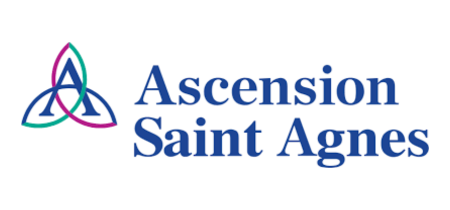
Ascension St. Agnes
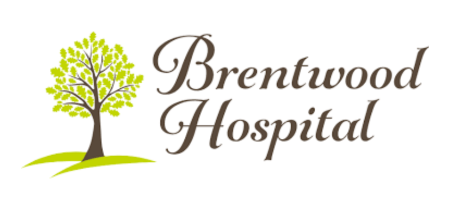
Brentwood Hospital
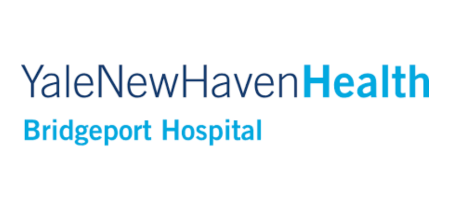
Bridgeport Hospital – Member of Yale New Haven Health System
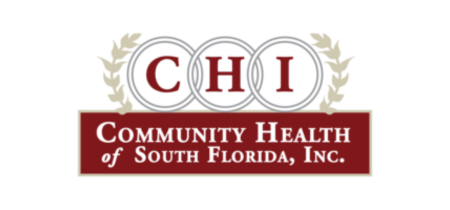
Community Health of South Florida
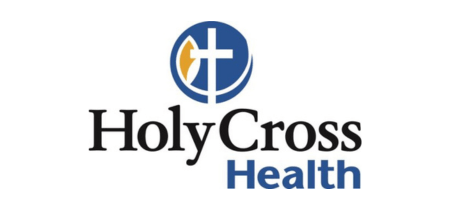
Holy Cross Health
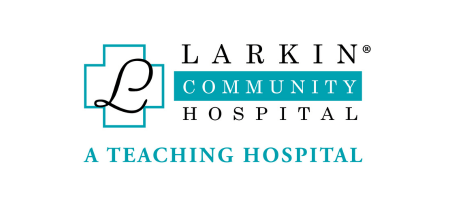
Larkin Community Hospital
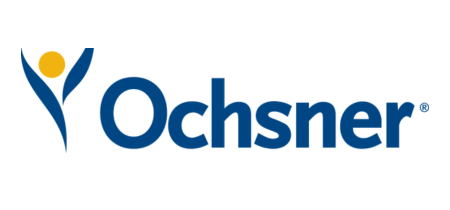
Leonard J. Chabert Medical Center – Affiliate of Ochsner Health System
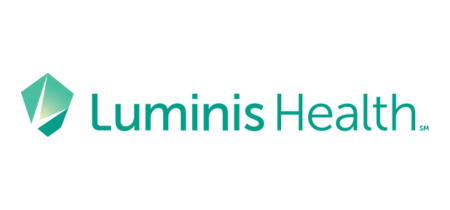
Luminis Health Anne Arundel Medical Center
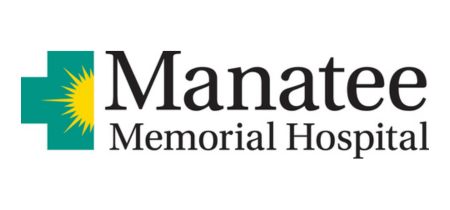
Manatee Memorial Hospital
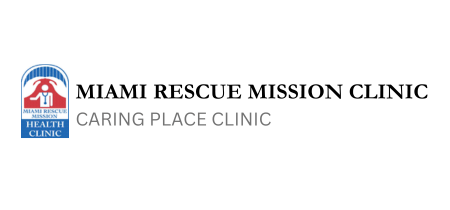
Miami Rescue Mission Clinic
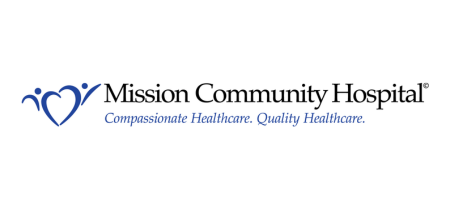
Mission Community Hospital
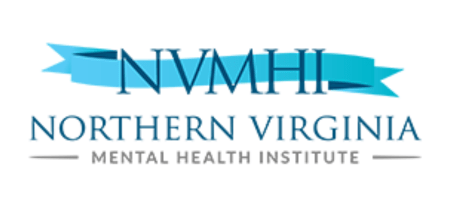
Northern Virginia Mental Institute
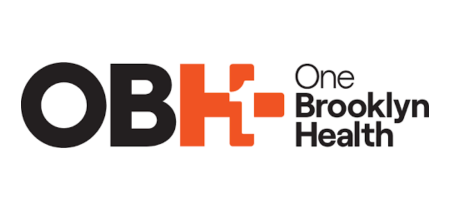
One Brooklyn Health

Spring Grove Hospital Center – Owned and operated by the State of Maryland
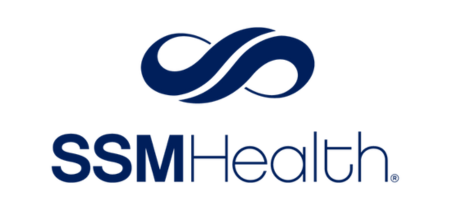
SSM Health St. Mary’s Hospital

St. Elizabeth’s Hospital
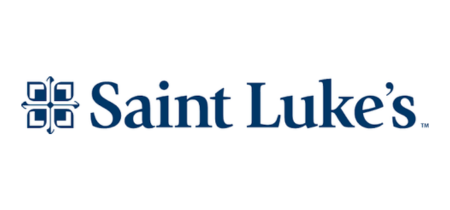
St. Luke’s Hospital
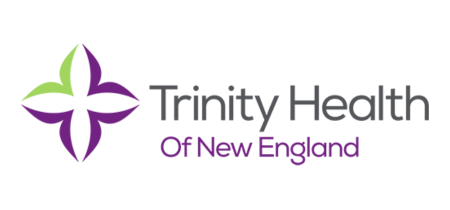
St. Mary’s Hospital – Member of Trinity Health
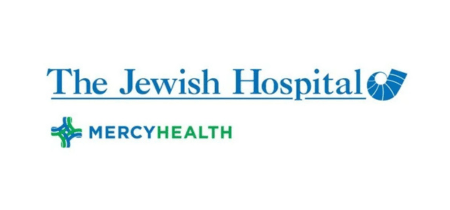
The Jewish Hospital – Member of Mercy Health
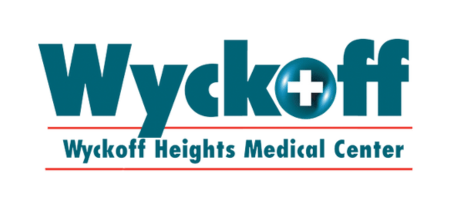
Wyckoff Heights Medical Center

Are you ready to become a Saba student?
Student Testimonials
Elie Bou-Rzik | Student and Aspiring Physician
Ariana Gammon | Student and Aspiring Physician

For prospective students
Saba is committed to supporting prospective students with any questions or queries throughout the application process. Please see the following links for detailed information about each topic:
If the information you are seeking is not provided here, please get in contact by contacting via WhatsApp here.
Get in touch for more information